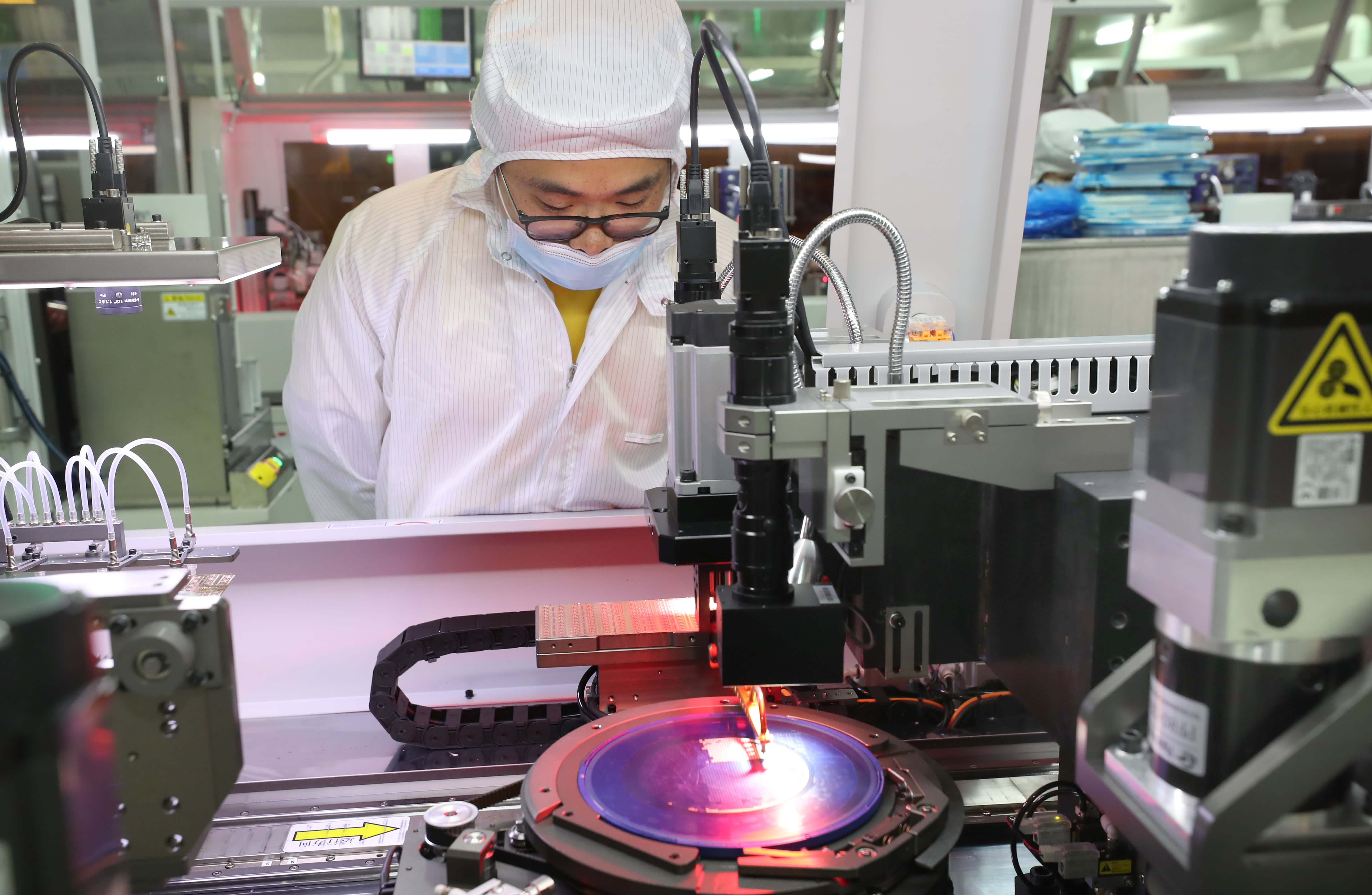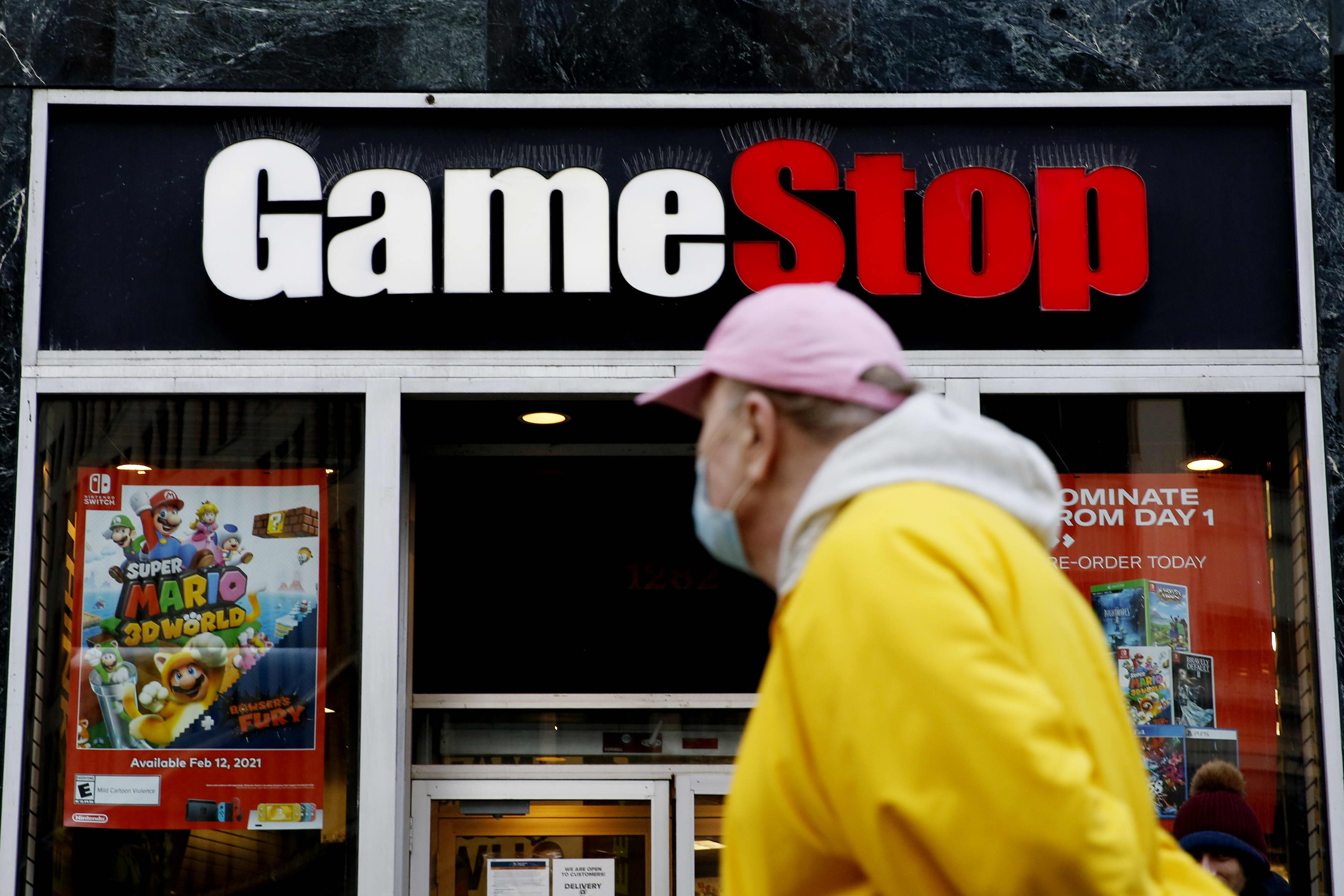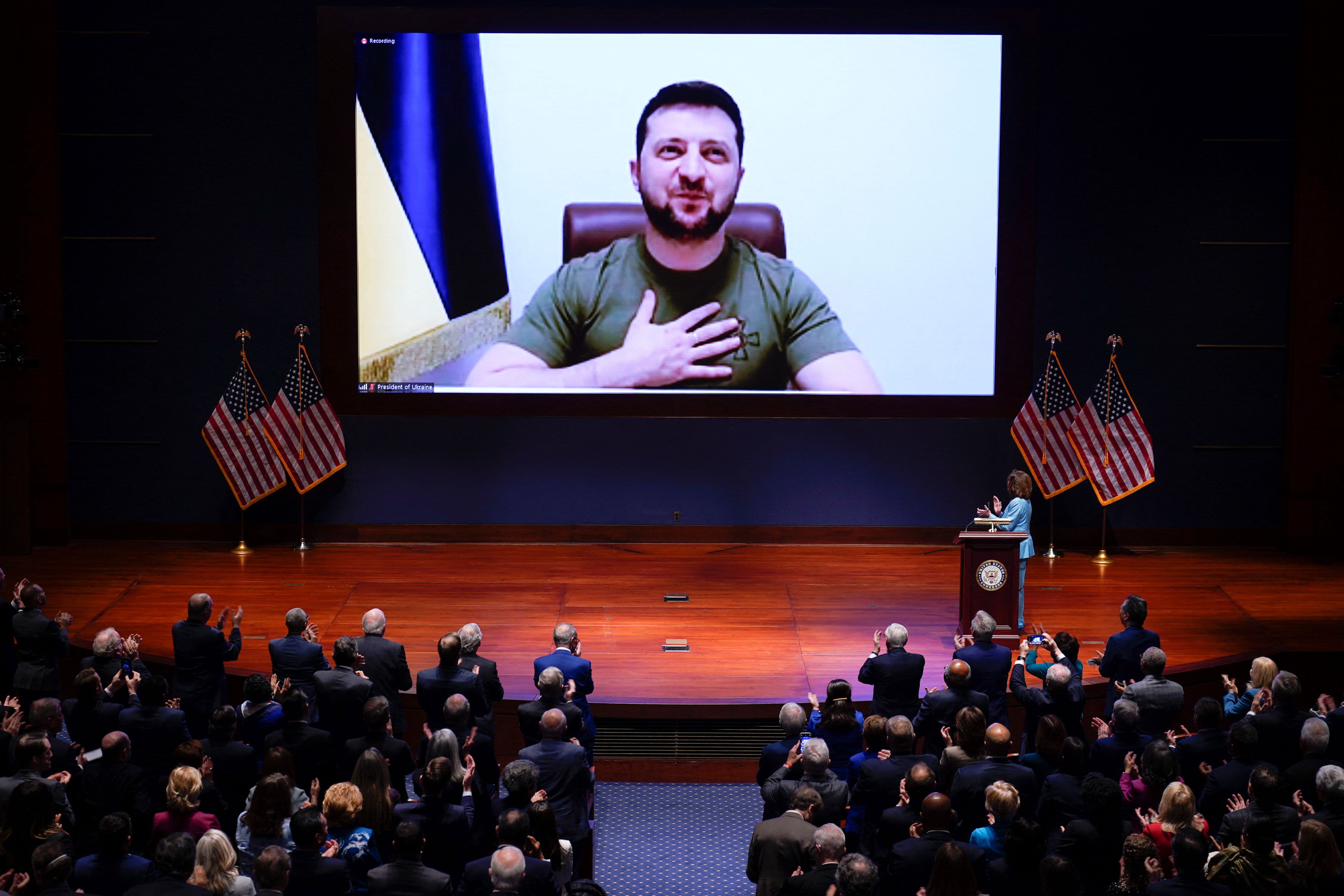Short seller Andrew Left of Citron charged with fraud by prosecutors, SEC
Short seller Andrew Left is accused in the indictment with crimes related to trades in Nvidia, and with concealing his Citron Capital's relationships.

Andrew Left, founder and CEO of Citron Research
Adam Jeffery | CNBC
Federal prosecutors have criminally charged the activist short seller and analyst Andrew Left with securities fraud related to allegedly using his public platform to illegally profit to the tune of at least $16 million from manipulating stock market activity contrary to positions he presented to the public from 2018 through 2023.
Left, 54, and his hedge fund Citron Capital also were separately charged in a related civil fraud action by the Securities and Exchange Commission.
That civil complaint in Los Angeles federal court accused the Florida resident Left, who has been a frequent guest commentator on CNBC and other business cable news channels, Citron of "engaging in a $20 million multi-year scheme to defraud followers by publishing false and misleading statements regarding his supposed stock trading recommendations."
The action alleges fraudulent conduct relating to 23 companies on at least 26 separate occasions.
"Left bragged to colleagues that some of these statements [he made] were especially effective at inducing retail investors to trade based on his recommendations and said that it was like taking 'candy from a baby,' " the SEC alleged in that complaint.
The companies identified in the criminal indictment as ones Left allegedly traded on in ways contrary to his public stances on their stock prices included Nvidia, Tesla, the social media company X, formerly known as Twitter, Meta, Roku, Beyond Meat, American Airlines, Palantir, XL Fleet, Invitae, General Electric, Namaste Technologies, and India Globalization Capital.
The indictment alleges that, among other things, "Left coordinated with hedge funds to disseminate short reports and information to be posted on Twitter, coordinated with hedge funds regarding the timing of publication, and enabled the hedge funds to trade in the Targeted Securities before the reports were disseminated."
"In exchange for sharing his planned announcements with the hedge funds in advance of posting them publicly, the hedge funds paid defendant Left a portion of their trading profits," the indictment says.
Left, who lives in Boca Raton, is expected to be arraigned in the next several weeks in Los Angeles federal court on the 19-count criminal indictment, the U.S. Attorney's Office in L.A. said in a statement.
He declined to comment on the indictment and the SEC complaint.
"Mr. Left's presence on financial television networks and his significant online following provided him with a credible platform to allegedly disguise his intentions and manipulate the investing public for personal gain," said Akil Davis, the Assistant Director in Charge of the FBI's Los Angeles Field Office, in a statement.
The indictment says that Left used Citron's online platform to comment on publicly traded companies and claim that their stock was incorrectly valued by the market, either too high or too low.
"Left's recommendations often included an explicit or implicit representation about Citron's trading position and a 'target price,' which defendant Left represented as his own view of the Targeted Security's true value," the indictment says.
"Left knew that his recommendations influenced investors' decisions to buy or sell stock and thereby empowered him to manipulate the price of a Targeted Security," the indictment said.
"By using the Citron Twitter Account to generate 'catalysts' — events with the ability to move stock prices — defendant Left profited from his advance knowledge that he was about to trigger such movements in the market."
After using his influence to manipulate a stock's price, Left "closed his positions to capitalize on the temporary price movement caused by his public statements," the indictment alleges.
The indictment and SEC complaint gives specific examples of Left's alleged manipulation, and exploitation of his contacts with business media outlets, including CNBC.
The SEC complaint says that in May 2019, Left and Citron Capital had a short exposure in Beyond Meat, which meant they would profit if its stock price dropped.
Left's other company, Citron Research, on May 17, 2019, issued a negative tweet on Beyond Meat, which recommended that readers sell the stock and assign it a target price of $65 per share, at a time when the stock was selling at about $87 per share.
"$BYND has become Beyond Stupid" and "We expect $BYND to go back to $65 on earnings," that tweet said. "Despite his negative statements to the market, only 10 days before Left told a colleague that he thought the price of BYND would increase, stating "i think BYND goes to 100,' " the SEC said in its complaint.
Within seven minutes of the tweet, Left exited the majority of his short exposure to Beyond Meat, and Citron Research "completely covered its short positions within 12 minutes of the tweet," the complaint said.
"Later that day, in advance of an article CNBC planned to release, a reporter emailed Left asking whether he still held a trading position in BYND. In response, Left stated that he 'shorted some today,' " the complaint says.
"This statement was materially false and misleading because Left had exited the majority of his short exposure and Citron Capital had already sold all of its short exposure," the complaint alleges. "Six minutes after this email exchange, Citron took additional short exposure in BYND, before the release of the CNBC article."
"Within an hour, CNBC published an article titled 'Short seller says Beyond Meat hype is 'beyond stupid,' places bet against the shares,' " the complaint says. "After the article was released, Citron exited this additional short exposure."
Left, who previously lived in Beverly Hills, California, is charged in the indictment with one count of engaging in a securities fraud scheme, 17 counts of securities fraud, and one count of making false statements to federal investigators.
If convicted, he would face a maximum possible sentence of 25 years in prison for the securities fraud scheme alone.


 Tekef
Tekef 
































